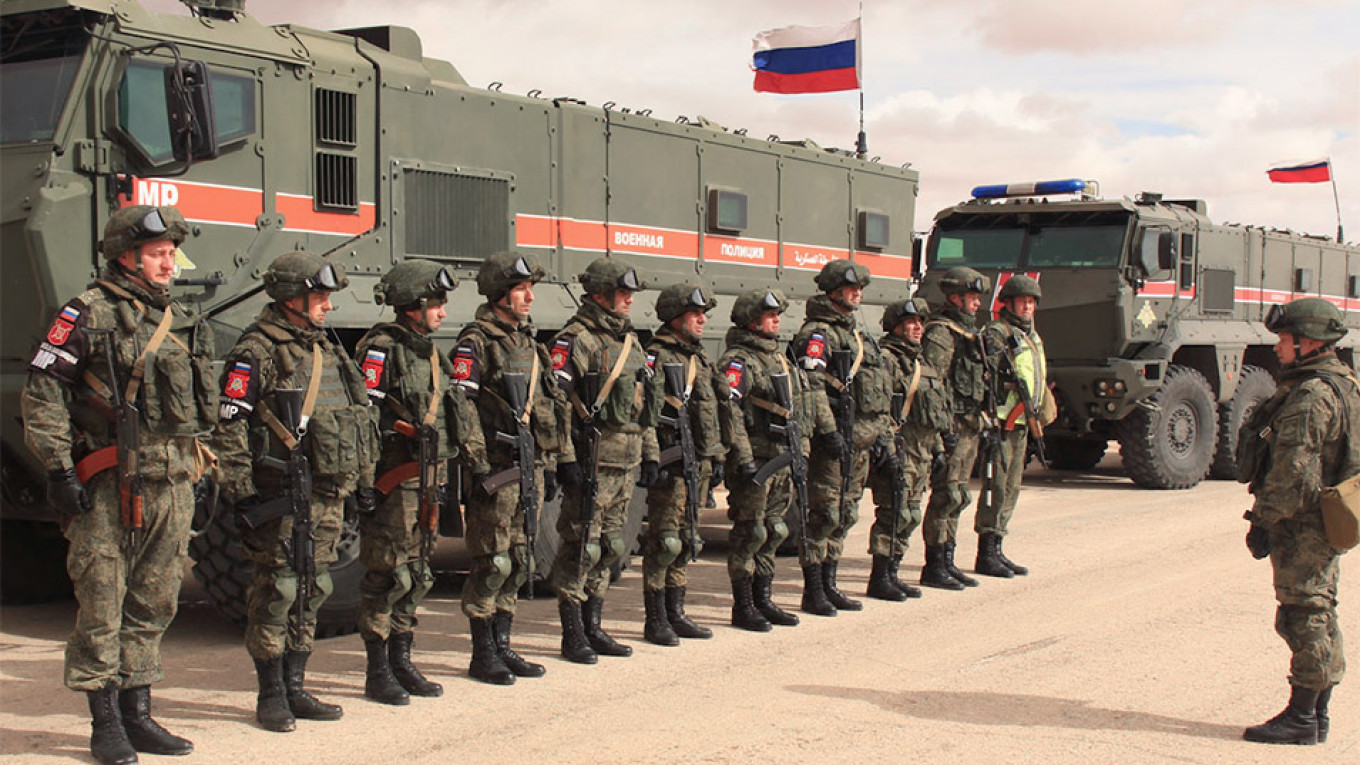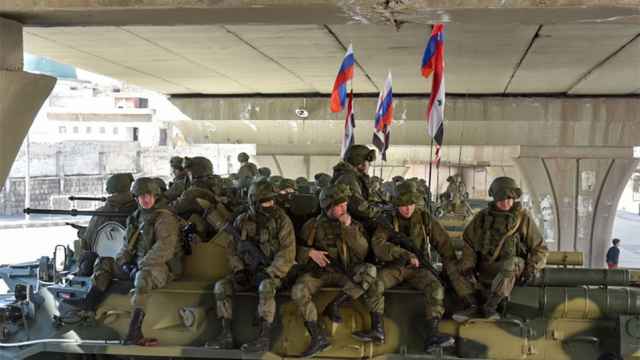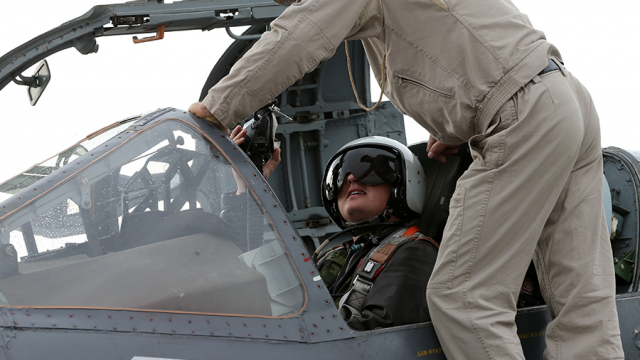First of all, when we talk about the Russian policies in Syria, we should keep in mind that Syria is not a priority in Russian foreign policy in general. There are other issues that are important to Russia, while of course, Russia has its base there, it has a massive amount of groundworkers there, and Syria has led to Russia’s growing role in the region in general.
However, now we are in the situation when Russia is trying to change its policies from a threat-based approach to an opportunity-based approach, and it is more about having economic gains and capitalizing on the political track and expanding beyond Syria with the economic issues.
So that is why Russia is using its influence regionally to have pragmatically better relations with the states of the region and better conditions for expanding economically there. So this is practically the reality of Russia’s Syria policy as of today.
Moscow and the Israeli-Iranian rivalry in Syria
Russia of course has managed to have working relations with both Israel and Iran. Russia recognizes the interests of both states in the region. But the main issue here is when the Israelis and Iranians are coming to Moscow in the bilateral track; it shows us the issue of inclusivity and exceptionalism in the Middle East.
Both Iran and Israel are not Arab states while they need to be integrated into the region somehow, and Russia is a foreign external actor trying to preserve its own relations with both states. In this sense, Russia is trying not even to mediate, but rather have both countries deescalate in the region and beyond. Some of the more maximalist views of Tehran and Tel Aviv are not well welcomed in Moscow. Russia wants them to understand that in the end, they need to come to some conclusion of how to live together in the region.
And this is mostly Russia’s point. However, when it comes to Syria, we see that there are a number of cases in which Russia has tried to make Iranians or Iranian-connected groups back away from the border between Israel and Syria. This is the approach Russia will take in the future too.
Is President Bashar al-Assad dispensable?
Russia’s approach towards Syria is mostly about bilateral Russia-Syria relations, and it goes back to a few decades ago.
It started with the U.S.S.R. having good ties with Syria. Moreover, from the very beginning, even in 2015, when Russia engaged with Syria heavily, it was pronounced by President Putin and it is the official policy of Russia that Russia is there to support the Syrian state institutions.
Basically, that was the main approach from the beginning, and now we see that Russia is doing everything to strengthen those state institutions.
It is not only about Bashar al-Assad as a leader or something like that. He is the president, and he is the elected president for the Russian official discourse. Moreover, there is an opinion that the situation in the future will continue like that.
So it’s mostly about the state-to-state relations, not clientelism. Russia is trying to engage with Syria as Russian state institutions engaging with Syrian state institutions.
This article was first published in RIAC
A Message from The Moscow Times:
Dear readers,
We are facing unprecedented challenges. Russia's Prosecutor General's Office has designated The Moscow Times as an "undesirable" organization, criminalizing our work and putting our staff at risk of prosecution. This follows our earlier unjust labeling as a "foreign agent."
These actions are direct attempts to silence independent journalism in Russia. The authorities claim our work "discredits the decisions of the Russian leadership." We see things differently: we strive to provide accurate, unbiased reporting on Russia.
We, the journalists of The Moscow Times, refuse to be silenced. But to continue our work, we need your help.
Your support, no matter how small, makes a world of difference. If you can, please support us monthly starting from just $2. It's quick to set up, and every contribution makes a significant impact.
By supporting The Moscow Times, you're defending open, independent journalism in the face of repression. Thank you for standing with us.
Remind me later.








